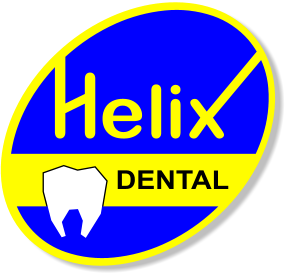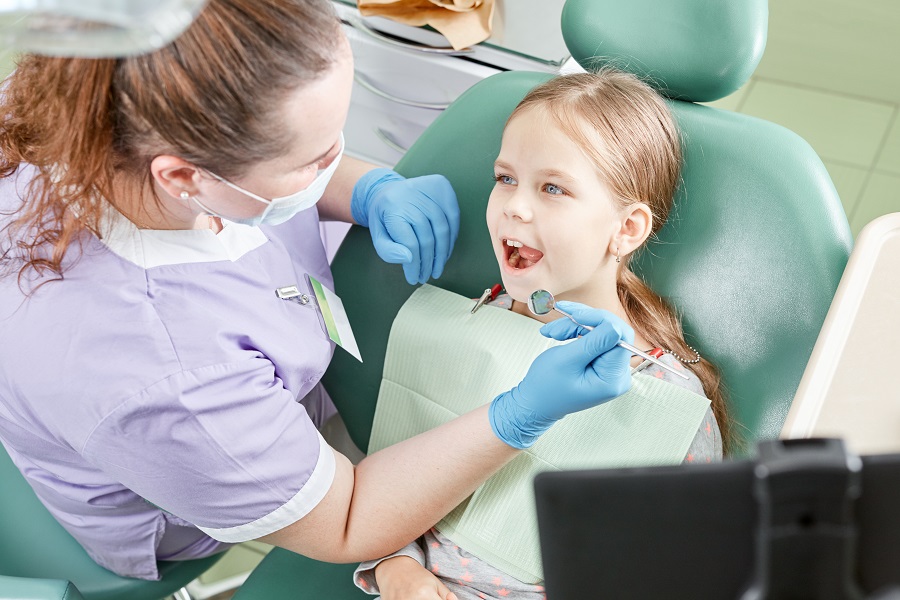
Tooth Decay From Baby Bottle: Treatment and Prevention
As parents, we want nothing but the best for our little ones. From providing them with nutritious meals to ensuring they get enough sleep, we go above and beyond to keep them healthy and happy. However, one aspect of their health that often gets overlooked is their oral hygiene. Baby bottle tooth decay is a common problem among infants and toddlers that can lead to pain, infection, and even tooth loss if left untreated. But don't worry! In this blog post, we'll give you some practical tips on how to prevent baby bottle tooth decay so your little one can have a healthy smile from the start!
What is Baby Bottle Tooth Decay?
Baby bottle tooth decay, also known as early childhood caries or nursing caries, is a condition that affects young children's teeth. It occurs when sugary liquids such as formula, milk, and juice pool around the teeth for long periods of time. The bacteria in our mouths feed on these sugars and produce acids that erode the enamel of the teeth.
This condition often appears in infants and toddlers who are put to bed with a bottle or allowed to suck on a bottle filled with sugary drinks throughout the day. Baby bottle tooth decay can cause pain, infection and even lead to premature loss of baby teeth.
The front teeth are usually affected first because they come into contact with the liquid more frequently than other teeth. However, all of your child's teeth are vulnerable to this form of decay if proper oral hygiene is not maintained.
It's important to note that baby bottle tooth decay can be prevented by taking simple steps such as limiting sugary drinks and practicing good oral hygiene habits from an early age.
How to Prevent Baby Bottle Tooth Decay
Baby bottle tooth decay, also known as early childhood caries, is a serious dental condition that affects young children. It occurs when the teeth are exposed to sugary or acidic liquids such as milk, juice, or formula for prolonged periods of time. Fortunately, there are several preventative measures that parents can take to protect their child's oral health.
Start by cleaning your baby's gums and teeth after every feeding with a soft cloth or toothbrush. This helps remove any leftover sugar or food particles from the mouth and reduces the risk of bacterial growth.
Avoid putting your baby to bed with a bottle of milk or juice. The sugars in these liquids can linger on their teeth overnight, causing damage. Instead, give them plain water if they need something to drink before bedtime.
Limit sugary snacks and drinks throughout the day. Encourage healthy snacking options like fruits and vegetables instead of candy and sweets, which can increase your child's risk for decay.
Fourthly, don't share utensils with your child since bacteria from your own mouth can be transferred into theirs through saliva contact.
Regular dental check-ups starting at an early age (around six months) will help monitor their oral health progress over time while preventing problems before they occur.
By following these steps consistently, you'll be able to reduce the chance of baby bottle tooth decay occurring in your little one's precious smile!
Conclusion
Baby bottle tooth decay is a preventable condition that can have long-term effects on your child's oral health. It is essential to establish good dental hygiene habits early in life and to take the necessary steps to avoid prolonged exposure of your baby's teeth to sugary liquids.
By following the preventive measures outlined in this article, you will be able to keep your child's mouth healthy and ensure that they grow up with strong teeth. Remember, it is never too early to start looking after your little one's oral health – so why not start today?
For the best dental care tailored to your needs, visit Helix Dental at 15 James St, Suite 1, Florham Park, NJ 07932, or call (973) 377-8668.
Location
15 James St Suite 1,
Florham Park, NJ 07932
Office Hours
MON9:30 am - 5:30 pm
TUE - WED9:00 am - 6:30 pm
THUClosed
FRI9:00 am - 6:30 pm
SAT9:00 am - 2:00 pm
SUNClosed






comments